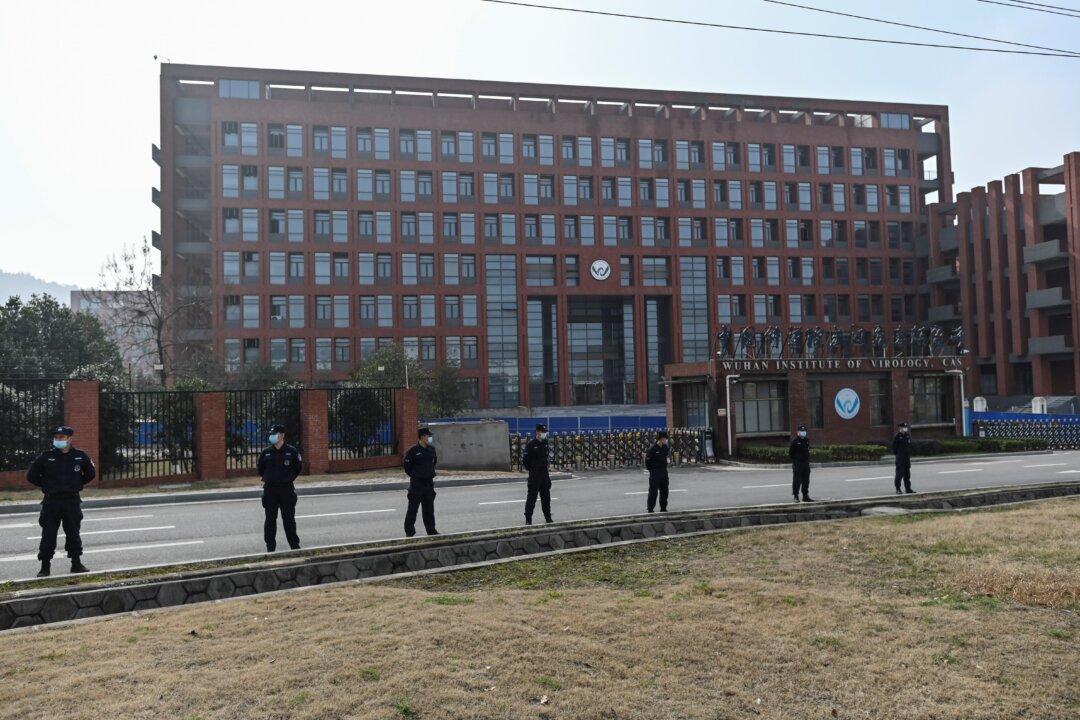Auditors from the Department of Health and Human Services’ inspector general’s office are probing whether National Institutes for Health (NIH) officials properly managed research grants that ended up partially funding controversial “gain-of-function” research at China’s Wuhan lab.
“The OIG has previously identified NIH’s oversight of grants to foreign applicants as a potential risk to [HHS] meeting program goals and the appropriate use of federal funds,” the Office of the Inspector General (OIG) said June 15 in an update of its workplan.





